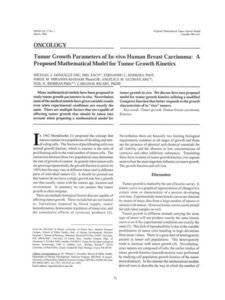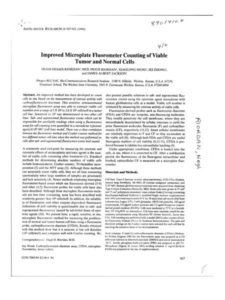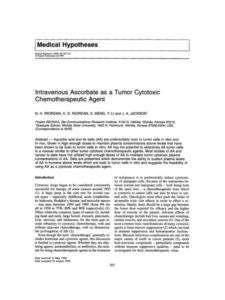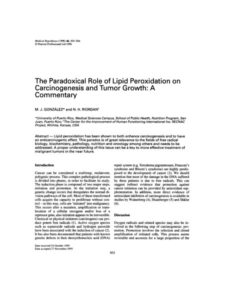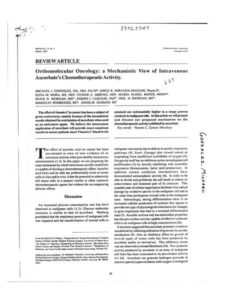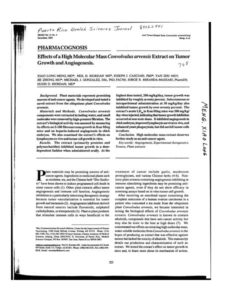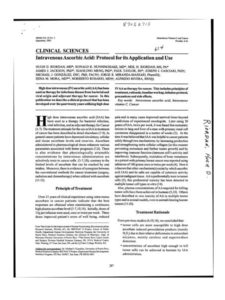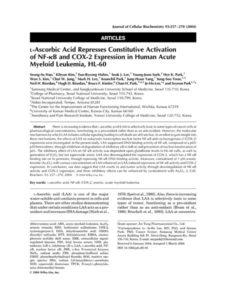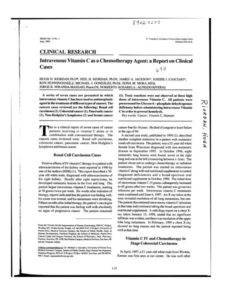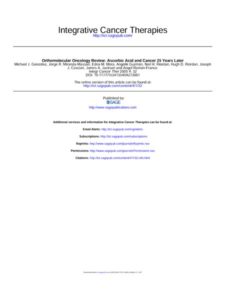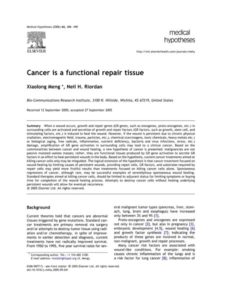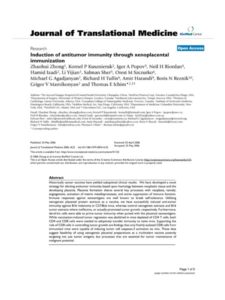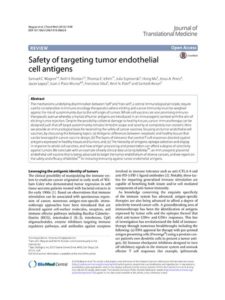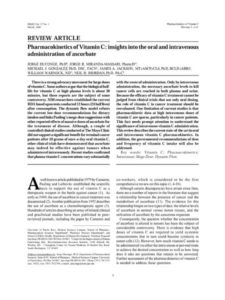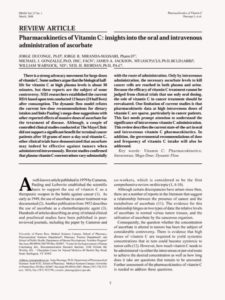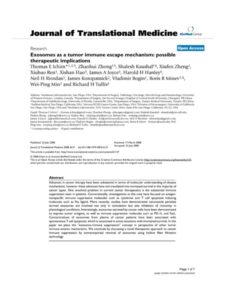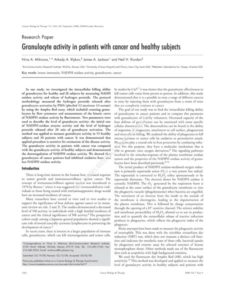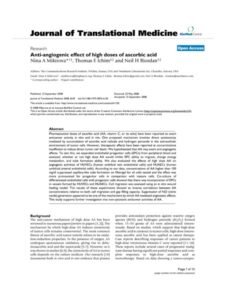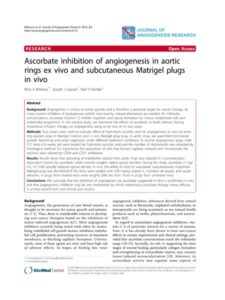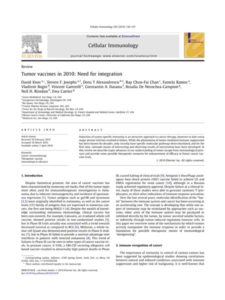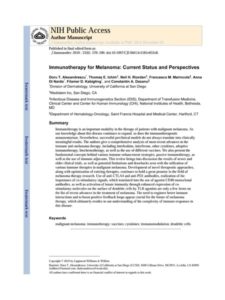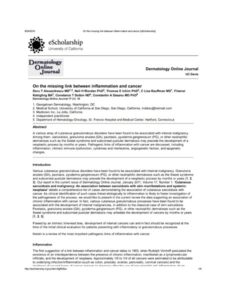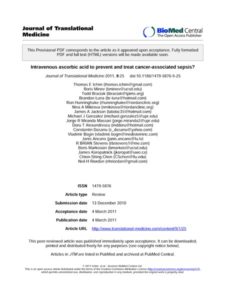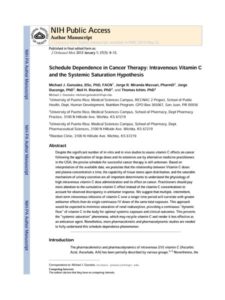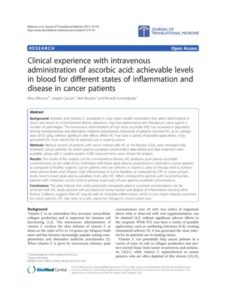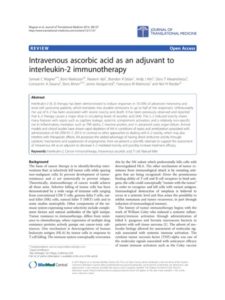Inhibition of human breast carcinoma cell proliferation by ascorbate and copper.
P R Health Sci J. 2002 Mar;21(1):21-3.
González MJ, Mora EM, Miranda-Massari JR, Matta J, Riordan HD, Riordan NH.
Abstract
We tested the effect of different concentrations of ascorbic acid (AA), 50, 100, 250 mg/500 mg/dL) with copper sulfate (CS), 10 mg/dL) on human breast carcinoma (MDA-MB231) cell proliferation in vitro. Cell proliferation was measured using a colori-metric assay (Cell proliferation kit II (XTT), Boehringer, NJ). The results of the mean absorbance of the tissue culture at different AA concentrations and a constant CS concentration were as follow: 0.82 +/- 0.03 (control, mean +/- SE), 0.64 +/- 0.02 (CS above); 0.48 +/- 0.03 (50 mg/dL) AA), 0.21 +/- 0.02 (100 mg/dL), 0.08 +/- 0.01 (250 mg/dL) AA, 0.60 +/- 0.05 (500 mg/dL). These results show that a combination of AA and CS inhibits human breast carcinoma cell proliferation in vitro. This cell proliferation inhibitory effect is directly proportional to the AA concentration with the exception of the 500 mg/dL AA dose. This chemotherapeutic effect was optimally enhanced when AA was added at a concentration of 250 mg/dL. The AA concentrations of 500 mg/dL had a biphasic effect on tumor cell proliferation probably due to back and forth redox reactions between AA and dehydroascorbic acid in a closed system. This study provides preliminary evidence that AA and SC can be used as biological response modifiers (BRM) for tumor growth inhibition.

